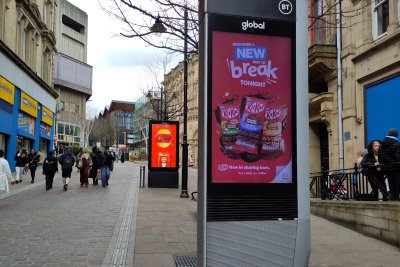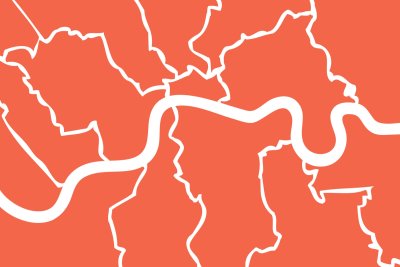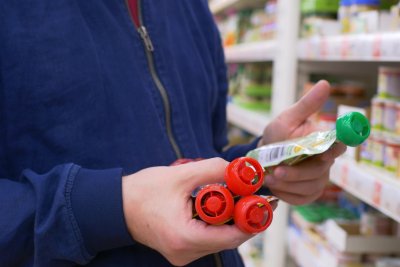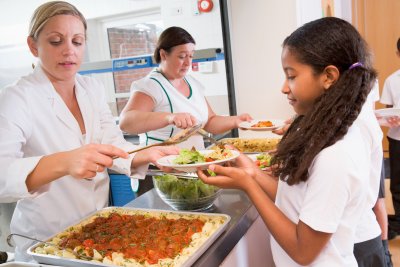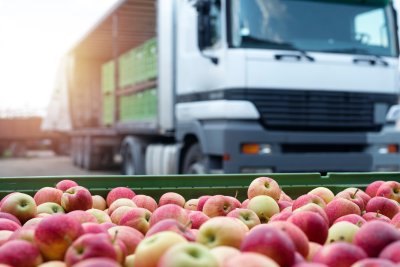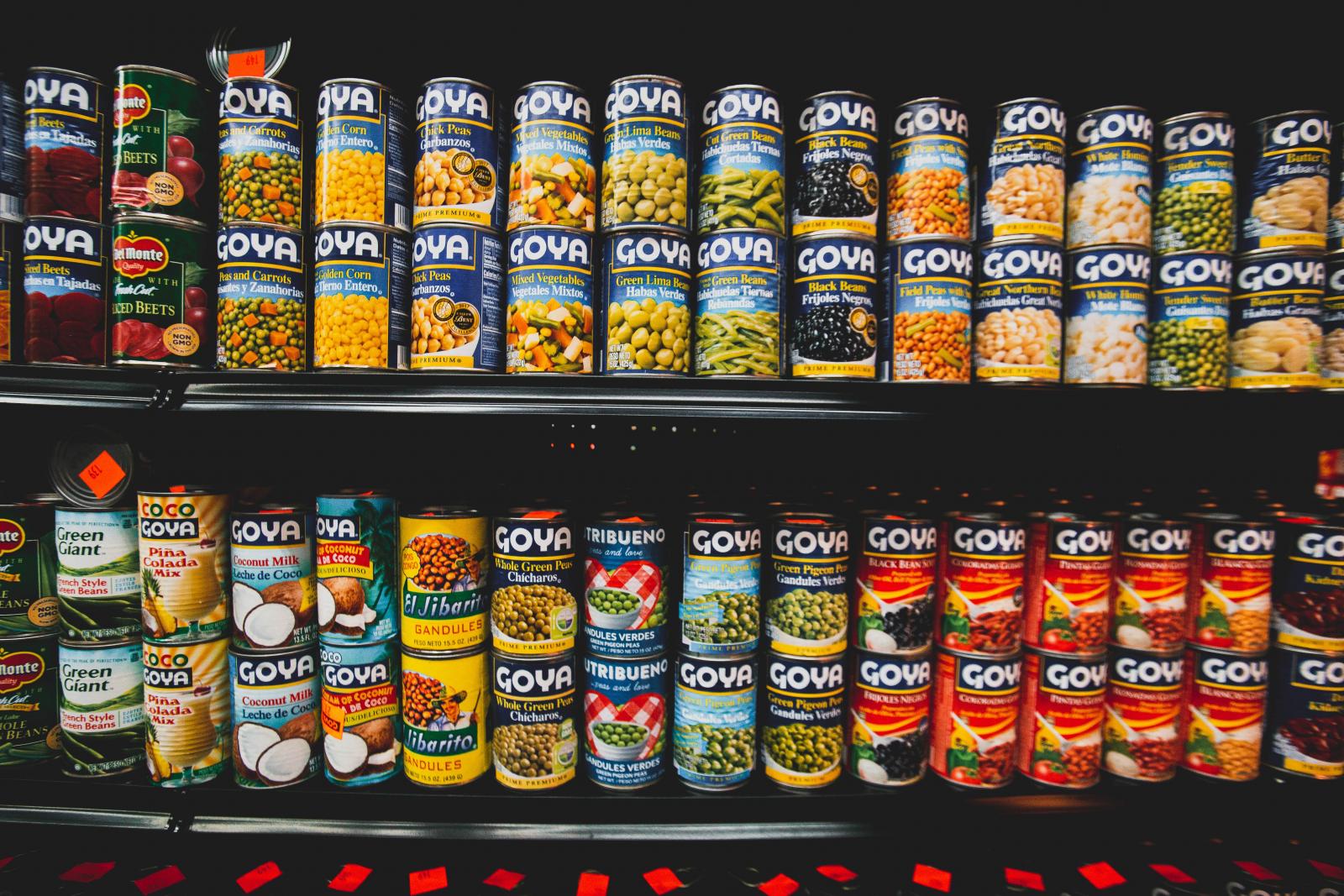 Photo credit: Pexels
Photo credit: Pexels
Lessons from Scotland on the use of food vouchers instead of food parcels
A new study from the Independent Food Aid Network finds food vouchers alleviate pressures on food banks and offer beneficiaries more choice. What are the lessons for food aid?
Front line food aid organisations have experienced a myriad of challenges as a result of the Covid-19 pandemic. This has led to some innovative new delivery models, including food vouchers. In their latest briefing, the Independent Food Aid Network (IFAN), explores how food vouchers were used in Scotland and the lessons that have been learnt from these schemes.
The briefing explains that clients were reporting some food parcel items were going unused. This was due to the limited products in most parcels, dietary requirements, general preferences or lack of available cooking facilities. To ensure they were delivering for the community they serve, food banks chose to supply food vouchers alongside or instead of food parcels. This allowed families or individuals to top up their packages with items to suit their circumstances or that food aid organisations have difficulty in providing such as dairy, eggs or fresh fruit and vegetables.
Food banks also distributed vouchers through a number of referral organisations, such as social services, child protection and drug and alcohol teams. This allowed them to extend their reach beyond families to provide for different communities.
Overall, food aid organisations found that using food vouchers offered a more dignified option, allowing people to choose the food they wanted instead of working within the limited parameters of a food parcel. In turn, vouchers also meant organisations spent less time sourcing, sorting and parcelling.
An increase in cash donations in response to Covid-19 was a catalyst for testing the food voucher approach and it is clear such an approach could benefit many more. Yet restricted funding and an established model of food donations have hindered their use to date. Conclusions from the piloting are that if food aid organisations want to continue using food vouchers in the future, they must work with donors and suppliers to find a solution that works for everyone. This would include ensuring clients are offered a dignified way to get the food they choose, but assures donors that their funds are used for their main purpose - food.
This report is one of the outputs from IFAN's Cash First Project. Read the full IFAN briefing.
Food Poverty: Championning people-powered projects that tackle the root causes of food poverty.
Sustain
The Green House
244-254 Cambridge Heath Road
London E2 9DA
020 3559 6777
sustain@sustainweb.org
Sustain advocates food and agriculture policies and practices that enhance the health and welfare of people and animals, improve the working and living environment, promote equity and enrich society and culture.
© Sustain 2025
Registered charity (no. 1018643)
Data privacy & cookies
Icons by Icons8
